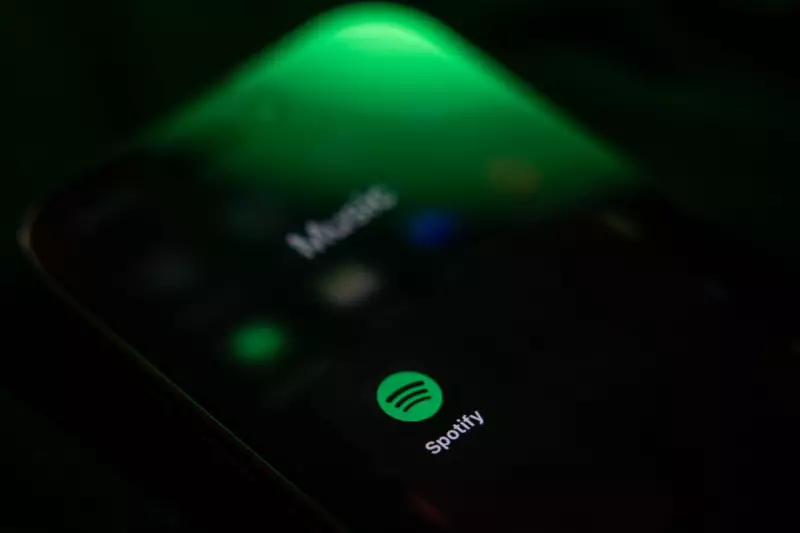
AI-Generated Music Secures Top Chart Positions
In a significant development for the music industry, three songs created entirely by artificial intelligence have reached the pinnacle of major music charts this week. The tracks Walk My Walk and Livin’ on Borrowed Time by the entity Breaking Rust claimed the top two spots on Spotify’s US ‘Viral 50’ chart. Simultaneously, a Dutch anti-migrant anthem, We Say No, No, No to an Asylum Center by JW ‘Broken Veteran’, soared to number one on the global version of the same chart.
The Rise and Sudden Disappearance of AI Hits
The viral success of these tracks was not without controversy. Shortly after its chart ascent, the Dutch song and other music by Broken Veteran vanished from both Spotify and YouTube. Spotify confirmed to Dutch media that it had not removed the content; the rights holders had. The artist behind the track stated he was unaware of the reason and was investigating, hoping for a swift return.
Furthermore, Walk My Walk has led Billboard’s ‘Country Digital Song Sales’ chart for three consecutive weeks. This list, while more niche than Billboard's flagship country charts, highlights the growing commercial footprint of AI-generated music. Attempts to contact Breaking Rust, JW ‘Broken Veteran’, and Spotify for further comment were unsuccessful.
The Flood of Synthetic Music and Its Industry Impact
These chart-toppers are part of a much larger wave of AI-generated content saturating streaming platforms. A recent study from the streaming service Deezer delivered a staggering statistic: an estimated 50,000 AI-generated songs are uploaded to its platform every single day, constituting approximately 34% of all new submissions.
According to Ed Newton-Rex, a musician and founder of a non-profit focused on ethical AI data practices, this sheer volume is a key driver behind the emergence of AI hits. "It’s part of the very rapid trend of AI music gaining in popularity essentially because it’s spreading in volume," he said. "What you have here is 50,000 tracks a day that are competing with human musicians."
The quality of this synthetic music has also improved dramatically. Deezer's research, which surveyed 9,000 people across eight countries, found that 97% of listeners could not distinguish between AI-generated music and human-composed music. Newton-Rex concurred, stating, "There’s no denying it. I think it’s fair to say you can’t distinguish the best AI music from human-composed music now."
New Distribution Models Fueling the Trend
Beyond quality, the success of AI music is being propelled by specialised distribution tools. Online services like DistroKid, Amuse, and Landr help creators place their music on major platforms. Blogs promoting AI content creation actively recommend using such services to generate "streams of passive income" from royalties.
Chris Dalla Riva, an author on music virality, highlighted this shift: "Basically every piece of AI music you see isn’t distributed by a regular label. They’re made by a person in their bedroom and uploaded to these distribution sites." Several of Breaking Rust's hits appear to have been distributed via DistroKid, which is noted in online communities for its more lenient policy towards AI-generated content. This new, accessible pipeline is fundamentally changing how music is created and monetised.





